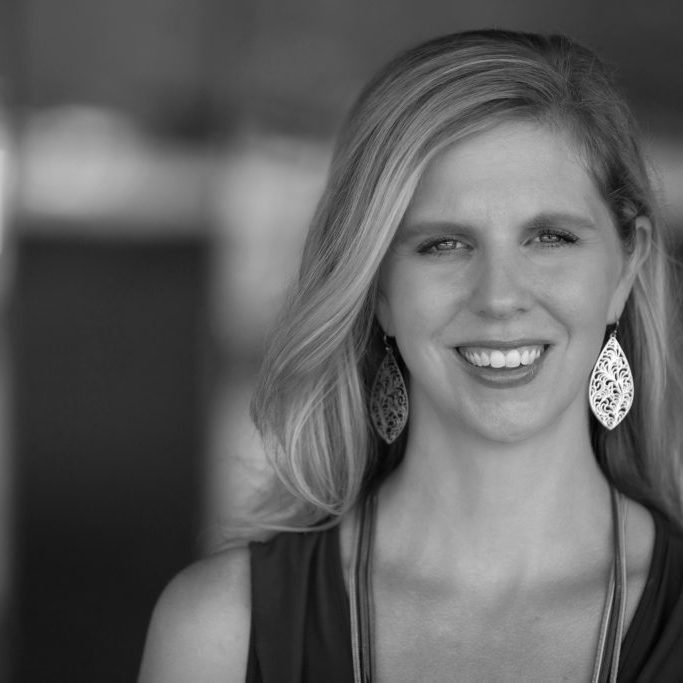Embodied Activism
Reflect. Engage. Resist. Transform.
As current social conditions galvanize even more of us to do the work of dismantling oppression, it can be difficult to know exactly where to begin. For those of us who bring a somatic perspective to our work in the world (and even for those who don’t), it can be helpful to understand how the body is implicated in social justice work, and how to engage our bodies in the process of activism. This post incorporates key ideas from many social justice theorists and somatic practitioners, and distills them into three key areas: doing your own work, working for others, and working with others.
DO YOUR OWN WORK
1. Educate yourself about oppression and embodiment.
Understand that systems of oppression are interlocking and mutually reinforcing. Recognize that although systems of oppression are never about individuals per se, individual effort can and does make a difference. While you may not have created the conditions of oppression that currently exist, accept the fact that failure to resist these systems of oppression effectively maintains the status quo. All the oppressive system needs to thrive is your willingness (conscious or not) to go along. Although not all oppression is enacted through the direct subjugation of the body, our bodies are always on the line.
2. Explore your own body oppression and how it shows up.
Doing the difficult work of examining how oppressive social systems have affected you on a personal level is one of the foundations of effective activism. When you don’t know how you’ve been wounded by patriarchy, racism, capitalism, heteronormativity, ablism, or other forms of discrimination, it’s easy to be triggered and reactive when these issues surface in your interactions with others (even allies and fellow activists). On a somatic level, this self-examination can be especially transformative.
3. Decolonize your body.
Identify and uncouple trauma patterns. Oppression is a form of trauma, evidenced by what is now a considerable body of research. Discover how your body has responded to this ongoing traumatic event, and learn about some common somatic effects – including hypervigilance and chronic hyperarousal of the autonomic nervous system, somatic dissociation, and intrusive body memories. Work to uncouple environmental cues from unconscious reactive patterns so that you are better able to witness your body in the moment and support your ability to be resourced in difficult situations.
Reclaim your body image. One of the most insidious ways that oppressive social systems maintain their power is by convincing the oppressed that there is something fundamentally wrong with our bodies. We are too fat, too flat-chested, too tall or too short; our skin is too dark and our hair is too curly; we use a wheelchair or a cane; our eyes are the wrong shape or color. The list is endless, and the work of managing, correcting, and hiding what is “wrong” with us is exhausting and demoralizing. If we channeled all the time, energy, and resources devoted to making our bodies socially acceptable (to the degree that is even possible) and redirected it instead toward cultivating and celebrating the uniqueness of our body selves, the social world would be such a rich and vibrant place. I’m not suggesting that we always find ourselves in a body that fits who we are, or that we shouldn’t make changes to our bodily appearance; what I am suggesting is that body shame is a tool of oppression, and finding ways to radicalize and reclaim our body image serves us all.
Cultivate your senses. Another key strategy of oppressive social systems is a tendency to promote a dissociative or disconnected relationship with the felt sense of the body. While we are encouraged to identify with the outside appearance of our body, we are discouraged from feeling ourselves from the inside. Sensuality is often mis-appropriated as sexuality, and the palpable enjoyment of our own bodily capacities and appetites can be judged as unseemly. The process of socialization in many cultures involves the cultivation of a master/servant attitude toward the body that denigrates our senses as little more than tools in the project of self-mastery, rather than as gifts to be celebrated and enjoyed in their own right.
Interrogate your non-verbal communication. Research into the interpersonal dynamics of body language suggests that oppressive social systems are reproduced and reinforced by the everyday nonverbal interactions with others whose social standing differs from ours. These asymmetrical interactions occur when a person with higher social rank is permitted to use movement behaviors that are forbidden to the person with lower social rank – for example, the right to take up more space, to use forceful, direct movements, and to initiate touch. Learning how nonverbal communication informs your interactions with others can help you shift the patterns that reinforce harmful power dynamics.
Liberate your movement. Once you’ve explored how body movement can be co-opted by oppressive social systems to reinforce inequitable power dynamics, continue the process of self-liberation by experimenting with movement expressions that are unique to your own body. Allow yourself to stretch into new shapes, rhythms, and movement qualities that express who you are and how you feel on the inside. Explore relational space in new ways. Claim the pleasure and authority of your own movement preferences.
4. Learn about your own body privilege and how it manifests.
In the same way that our bodies are shaped by experiences of oppression, so too are they shaped by experiences of privilege. The unearned benefits of having a body that meets the criteria for membership in a socially dominant group are considerable. Even if we don’t choose or want these privileges, they attach to us and afford us access and ease in countless ways – being able to walk down a city street without being afraid of harassment or attack, being able to gain access to public buildings using the main entrance, using the restroom that fits your gender, not being seen as exotic, or dangerous, or feeble-minded just because of the way your body looks or moves.
Each of us holds a unique combination of body privilege along with bodily oppression, so unpacking the privilege your body affords you is as important a part of embodied activism as exploring the somatic implications of being oppressed. In particular, be attentive to social situations in which your body feels particularly comfortable or unremarkable – the luxury of inattentiveness is a hallmark of privilege. Notice also when your body reacts with vague apprehension or distaste to the bodies of others, and ask yourself if you hold more body privilege than they do.
WORK FOR OTHERS
Many of the social justice activists I know (myself included) began our activism by working on initiatives that bore directly on the oppression we personally experienced. There’s nothing wrong with this, and it can help us feel more connected to a community we identify with and want to support. For me, it was profoundly affirming to be in a room with others whose bodies looked like mine, especially after years of feeling like the deviant body in any social situation. However, if we understand the roots of oppression as the treatment of others as “less than human” to justify our own self-serving interests, then it makes sense that activism which strives to undo the harm of divisive in-group/out-group tactics and the myopia of identity politics should include working with others who are different from us.
In doing this work, it’s important to check your privilege (see above) and map your assets. Then use your privilege and assets to support the liberation of others not like you. Do your own research to educate yourself about their history and culture, and how oppression lands in their bodies. At the same time, don’t assume that you know everything you need to know about what it feels like to live in their skin. Serve them, as an antidote to the self-serving inclinations within us all. Be curious and attentive, use your own capacity for embodied presence and engaged responsiveness to listen and empathize without imposing your own experience or taking over. When their bodies are in pain, know that the pain is not because there’s anything wrong with them. Learn to love their bodies as you’ve learned to love your own.
WORK WITH OTHERS
One of the most challenging aspects of social justice work can be getting along with our comrades and colleagues. We’ve all heard stories of the in-fighting, back-biting, and power struggles that occur in community activist circles, and it should be no surprise that no one is immune to the distortions, deflections, and disconnections that oppressive social systems inculcate. For this reason, I often advocate engaging in the important tasks of doing our own work and working for others before tackling the challenges of working with others as a peer member of a movement or cause. Being grounded and centered in your own bodily experience of oppression and becoming skilled in serving the embodied liberation of others can be useful groundwork when conflicts arise or egos get bruised. In particular, knowing your oppression triggers and privilege blind-spots in advance can help you self-regulate when toes are being stepped on and blame is being allocated. Learn to have difficult conversations with your peers without losing the connection to your own embodied felt experience, and your work with others will strengthen the community instead of destabilizing it.
Last but not least, as you work with others shoulder-to-shoulder and arm-in-arm to advance the cause of equity and inclusion, remember how fragile and resilient our bodies are. Take time to rest and tend to the need to move, breathe, eat, and feel. Offer touch when it’s wanted, and ask for it when it’s needed. Revel in the wonder and mystery of the body at the same time as you honor its limitations, pains, and challenges. Inhabiting your own skin with as much fullness and life as you desire (and working to support every body’s right to do the same) is, after all, the whole point of social justice work in the long run.



